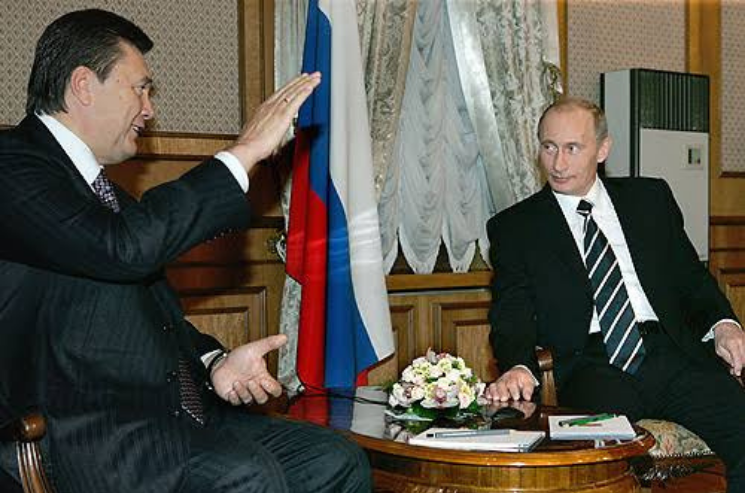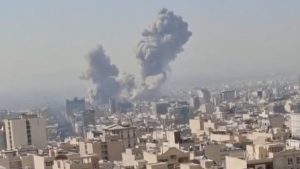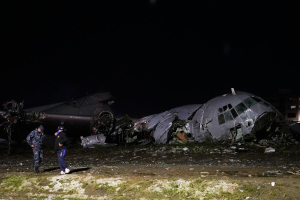As Russian troops remain largely concentrated near the border, the country’s top diplomat angrily rejected U.S. allegations that it is prepping a pretext for having troops invade Ukraine.
The White House said Friday that the U.S. intelligence community concluded that Russia had already sent operatives into rebel-controlled eastern Ukraine to carry out acts of sabotage and attribute the attacks to Ukraine in an effort to create a pretext for an invasion.
In an interview with journalists on Monday, Russian Foreign Minister Sergey Lavrov dismissed the U.S. claim as “totally inaccurate.”
Moscow expects a written response this week from the U.S. and its allies regarding its request for guaranteed guarantees that NATO would not embrace or station forces and weapons in Ukraine or other former Soviet nations.
Last week’s negotiations between the United States and Russia in Geneva saw Washington and its allies firmly rejecting Moscow’s demands and an estimated 100,000 Russian troops, equipped with tanks and other heavy weapons, are massed near Ukraine, a situation which worries the West as a potential prelude to an invasion. The NATO-Russia meeting in Brussels had a close relationship with an estimated 100,000 Russian troops massed nearby.
There are fears that Russia may launch an attack from different directions, including Belarus. Government officials in Ukraine have warned of possible attacks from various directions.
In the wake of Western sanctions imposed over a brutal crackdown on protests, Belarus’ president has increasingly turned to the Kremlin for support. This week, he announced that Russia and Belarus will hold large-scale military drills.
As Lukaschenko explained, the maneuvers would take place along Belarus’ western border as well as its southern border with Ukraine.
The Ukrainian government has denied hatching plans to use force against rebel-held territory in reclaiming control of their territory. Russia denied attacking its neighbor.
After the overthrow of Ukraine’s Moscow-friendly leader, Russia seized the Crimean Peninsula and helped back a separatist uprising in eastern Ukraine in 2014. The fighting between Russian-backed rebels and Ukrainian forces in the industrial heartland called Donbas of the country has killed more than 14,000 people in nearly eight years.
In response to the West stonewalling its demands, Russian President Vladimir Putin has pledged to take unspecified “military-technical measures.”
The Russian delegation at the talks with the U.S. was led by Deputy Foreign Minister Sergei Ryabkov. As a result of U.S. and its allies’ failure to curtail their military activities on Russia’s doorstep, President Putin said last week that if Russia sends missiles to Cuba or Venezuela he will “neither confirm nor exclude” the possibility. As the National Security Adviser of the United States, Jake Sullivan dismissed the comments as bluster.
In response to the question of whether Russian missiles could be deployed to Cuba and Venezuela, Kremlin spokesman Dmitry Peskov said, “Russia is considering its security in that situation.”





